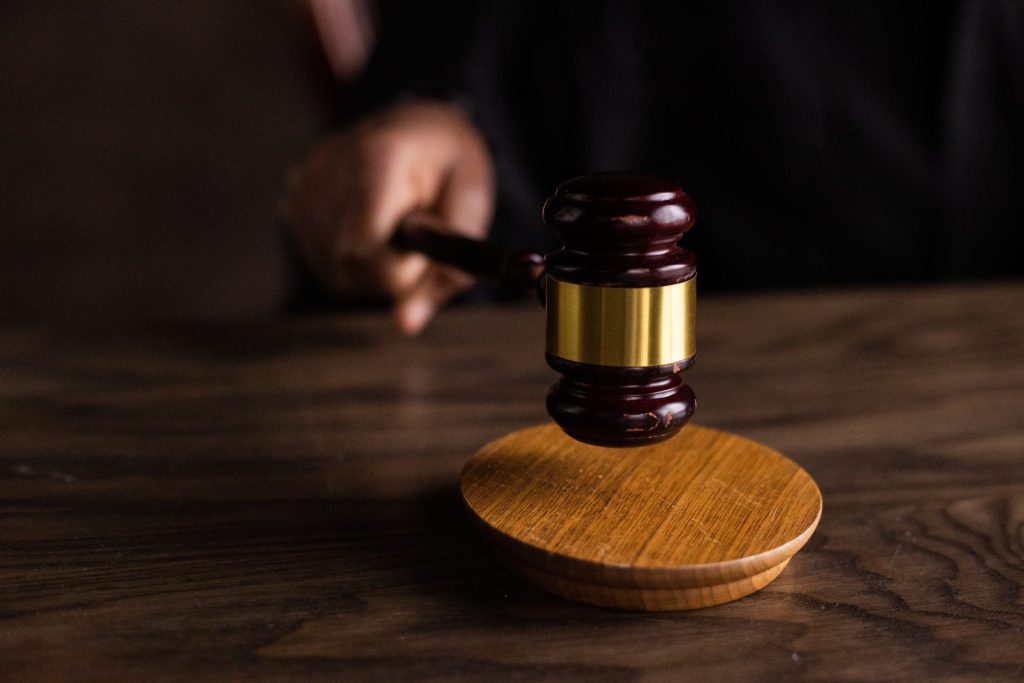
When Ripple clashed with the U.S. Securities and Exchange Commission (SEC), the entire crypto community held its breath awaiting the outcome. Recent events in the case have only heightened interest in the topic. What does the future hold in this legal battle? Let’s examine three potential scenarios.
Option A: Ripple opposes the preliminary appeal.
According to James Murphy’s analysis, known as “MetaLawMan”, one of Ripple’s moves could be to oppose the motion for preliminary appeal approval. The basis for this stance is Ripple’s unwavering faith in Judge Torres’ decision. By opposing the appeal, the company signals that the decision aligns with its legal position, especially regarding secondary sales of XRP.
Murphy lists three reasons why such a scenario is likely. Firstly, Ripple doesn’t want to agree with the notion that Judge Torres’ decision presents “significant grounds for difference of opinion”. Secondly, there’s a possibility of new cryptocurrency legislation being established by Congress. It could redefine the primary institutional sales of XRP, treating them as transactions not amounting to securities. Thirdly, the change of administration in 2025 could bring a new SEC approach to cryptocurrency actions.
Option B: Ripple agrees to the preliminary appeal.
“MetaLawMan” also points to the possibility that Ripple might see the preliminary appeal as appropriate. This decision would be based on the belief in the inevitability of an appeal in this case. The key question becomes a matter of timing: will the appeals process begin immediately or after the trial of Brad Garlinghouse and Chris Larsen?
Adding another layer of complexity, Ripple might opt for a cross-appeal regarding the institutional sales claim. Bill Morgan, a lawyer, focuses on Judge Torres’ decision relating to sales for On-Demand Liquidity (ODL) clients. All of Ripple’s sales after June 2020 were for ODL clients, amounting to $3 billion.
Option C: Taking it a step further.
Bryan Jacoutot highlights the Terraform Labs case, which could significantly influence Judge Torres’ decision. Jacoutot emphasizes that the SEC’s appeal in the Terraform case is particularly relevant. In that case, the judge questioned part of Judge Torres’ analysis, specifically her distinction between institutional sales and “programmatic sales”. Therefore, Jacoutot believes that the current case is an ideal candidate for a preliminary appeal. If Judge Torres considers the SEC’s request, it will pave the way for the 2nd Circuit Court of Appeals to make a decision on this pivotal case.
Ripple’s conflict with the SEC undoubtedly has profound implications for the cryptocurrency world. Its outcome can shape the future of cryptocurrency regulations, and each of the above scenarios brings unique implications for Ripple, the SEC, and the entire sector. While awaiting further developments, it’s worth being aware of potential directions this significant legal conflict might take.
